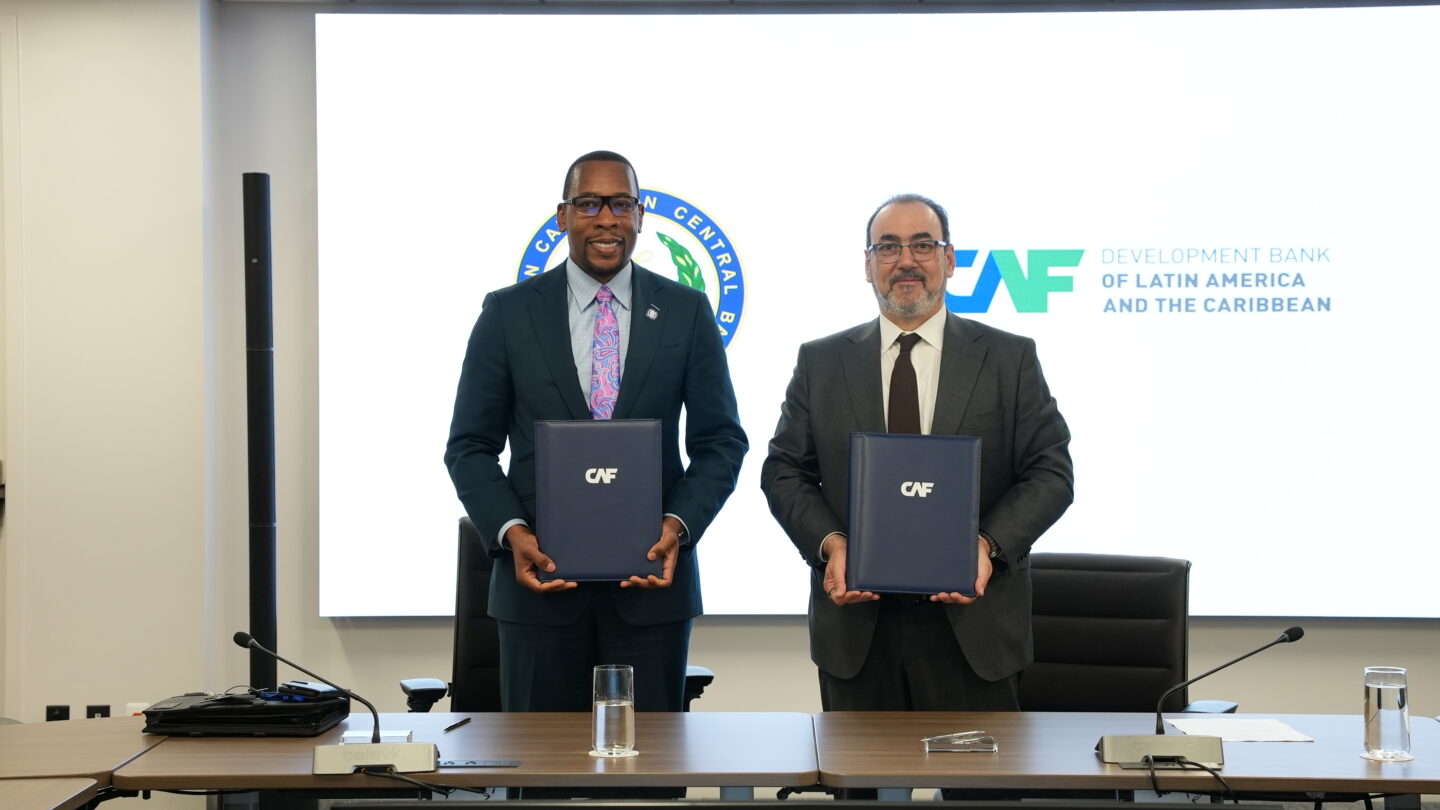In a landmark move to bolster climate and development financing, the Development Bank of Latin America and the Caribbean (CAF) has joined forces with the Eastern Caribbean Central Bank (ECCB). This strategic partnership, formalized through a Memorandum of Understanding (MOU), aims to accelerate the transition of the Eastern Caribbean Currency Union (ECCU) toward greener, more resilient, and digitally advanced economies. The agreement was signed on the sidelines of the 2025 Annual Meetings of the World Bank Group and the International Monetary Fund in Washington, D.C., by Sergio Díaz-Granados, Executive President of CAF, and Timothy N. J. Antoine, Governor of the ECCB. The collaboration establishes a robust framework to strengthen financial systems, enhance access to climate finance, and foster sustainable growth across the ECCU’s eight member nations. Key focus areas include renewable energy, energy security, digital transformation, private sector competitiveness, and institutional capacity building. Díaz-Granados emphasized that the partnership underscores CAF’s commitment to addressing the region’s complex challenges, such as climate vulnerability and limited access to affordable capital. Governor Antoine hailed the agreement as a timely and pivotal step toward achieving the ECCU’s development goals, emphasizing its potential to unlock financing, technical expertise, and grants. This alliance builds on CAF’s growing presence in the Caribbean, where it now counts six shareholder countries, including two members of the Organisation of Eastern Caribbean States (OECS) that have completed the incorporation process. Since establishing its Caribbean Regional Management Office in Trinidad and Tobago in 2022, CAF has been actively supporting small island economies through financing, technical assistance, and knowledge-sharing initiatives.
